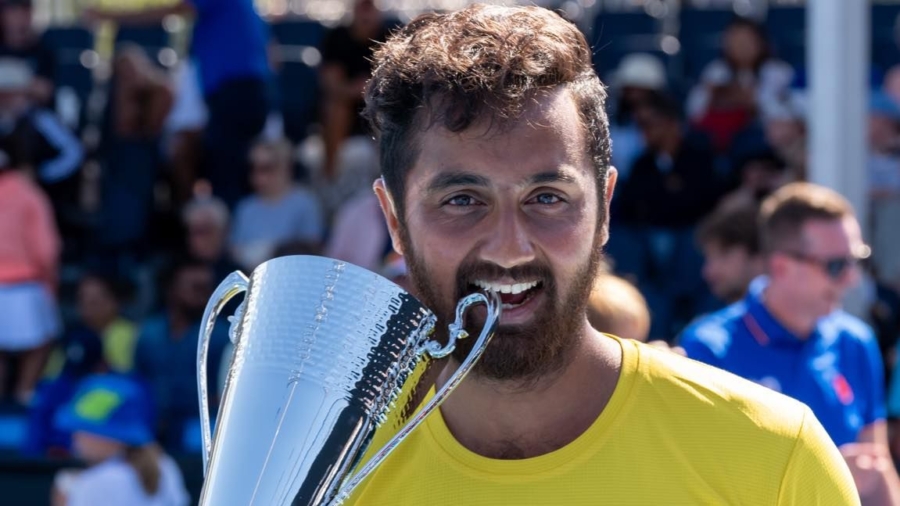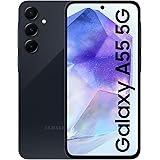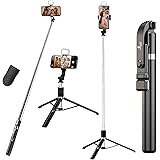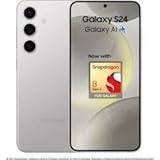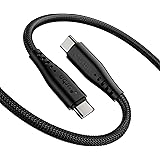You may know that Roger Federer’s serve is described as beautiful or that Nadal’s topspin is called the most elegant, but tennis is often considered as much an auditory sport as a visual one. The crack of a powerful serve, the snap of a cleanly delivered slice, the whisper of a bounce across the net—all of these sounds are crucial for players to predict spin, speed and trajectory.
For Indian tennis player Prithvi Sekhar, born with congenital hearing loss and reliant on limited sound through a hearing aid, it meant he had to rely on visual cues more than other players.
Born and raised in Chennai, Sekhar is India’s most successful hearing-impaired tennis player. He always knew he wanted to be a sportsperson, a dream that was actively encouraged at home since his parents come from strong sporting backgrounds too. “My dad played cricket and my mom played kabaddi, so if you want to look for where I got my sporting spirit, you don’t have to look very far.”
On January 27, the 31-year-old became the first Indian tennis player to defend a Grand Slam singles title, with a straightforward win against France’s Oliver Grave in the finals of the Australian Open Deaf Championship Men’s Singles. From the get-go, Sekhar allowed Grave no respite, and in a display of quick-fought dominance, won without losing a single set. “When I won the match point, I just lay down on the court and soaked it all in. The vibrations. The feeling. I could feel my family and supporters cheering from the stands.”
His first thought? His parents. After all, it was their emotional support that enabled him to pursue tennis without hesitation. “Yes, I had the trophy, and yes, the win felt brilliant. But what meant the most to me were the hugs and kisses from my parents after the title. For me, that was the biggest prize of all.”
Given a choice between cricket and tennis at the tender age of 8, Sekhar decided on the latter, unsure if he would be able to be part of a team sport, particularly one that requires communication at every step. “I started with cricket,” he recalls, “but then my parents took me to a tennis academy. When I held a tennis racket and felt that bounce against the ball, felt that momentum, I knew tennis was for me.”
Source link

